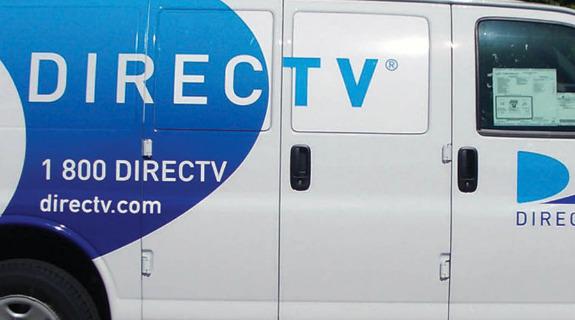AT&T finalized an agreement Sunday to purchase DirecTV for $48.5 billion, the latest in a string of telecom mega-mergers that will reduce the number of U.S.-based Internet and television providers.
Comcast agreed back in February to purchase Time Warner Cable for $45.2 billion, and Sprint has long been rumored to have its eye on T-Mobile.
AT&T’s motivation for buying DirecTV can be summed up in one word: broadband.
According to TheVerge.com, “the deal is mainly about gaining scale in video and acquiring the bargaining power that comes with that to license premium content.”
But The New York Times reported that some analysts were questioning the wisdom of the merger: “The pay television business is considered a mature market whose subscriber growth has slowed sharply in recent years. Still, the company has been trying to compensate for slowing growth in its own core businesses, including by moving into home security offerings and mobile data for cars.”
Assuming the deal passes regulatory muster and closes, AT&T will become the second-largest pay-tv provider in America, with 26 million subscribers. The new Comcast-Time Warner would eventually be the largest provider, with 30 million customers.
Faced with the possibility that the industry could be dominated by a few giant players, consumer watchdogs called for caution on Monday.
“The industry needs more competition, not more mergers. The burden is on AT&T and DirecTV to show otherwise,” said John Bergmayer, senior staff attorney at Public Knowledge, a DC-based organization that advocates to preserve the open Internet. “We’ll have to analyze this carefully for potential harms both to the video programming and the wireless markets. The most obvious concern is that customers in U-Verse territories would lose a video competitor, though the transaction would have nationwide effects.”
And Delara Derakhshani, policy counsel for Consumers Union, the advocacy arm of Consumer Reports, said: “On the heels of Comcast’s bid for Time Warner Cable, AT&T is going to try to pull off a mega-merger of its own. These could be the start of a wave of mergers that should put federal regulators on high alert. AT&T’s takeover of DirecTV is just the latest attempt at consolidation in a marketplace where consumers are already saddled with lousy service and price hikes. The rush is on for some of the biggest industry players to get even bigger, with consumers left on the losing end. You can’t justify AT&T buying DirecTV by pointing at Comcast’s grab for Time Warner, because neither one is a good deal for consumers.”
And Sen. Al Franken (D-Minn.) said he was “skeptical” that the deal was in consumers’ best interests. Franken has already been an outspoken critic of the Comcast-Time Warner tie-up, and said he would urge federal regulators to “scrutinize” the AT&T-DirecTV deal.
Read More: The New York Times, AP, The Verge
Brief Take: If the merger goes through, it would create a telecom behemoth that could exert considerable pressure on content providers when negotiating for premium offerings.
Tags:













































__twocolumncontent.jpg)











